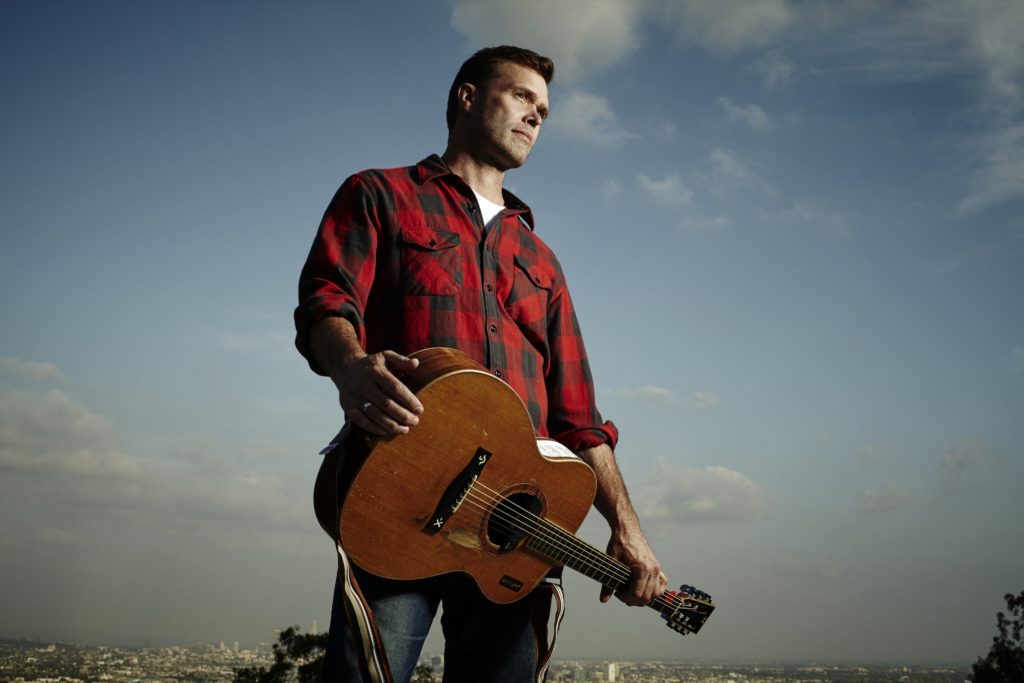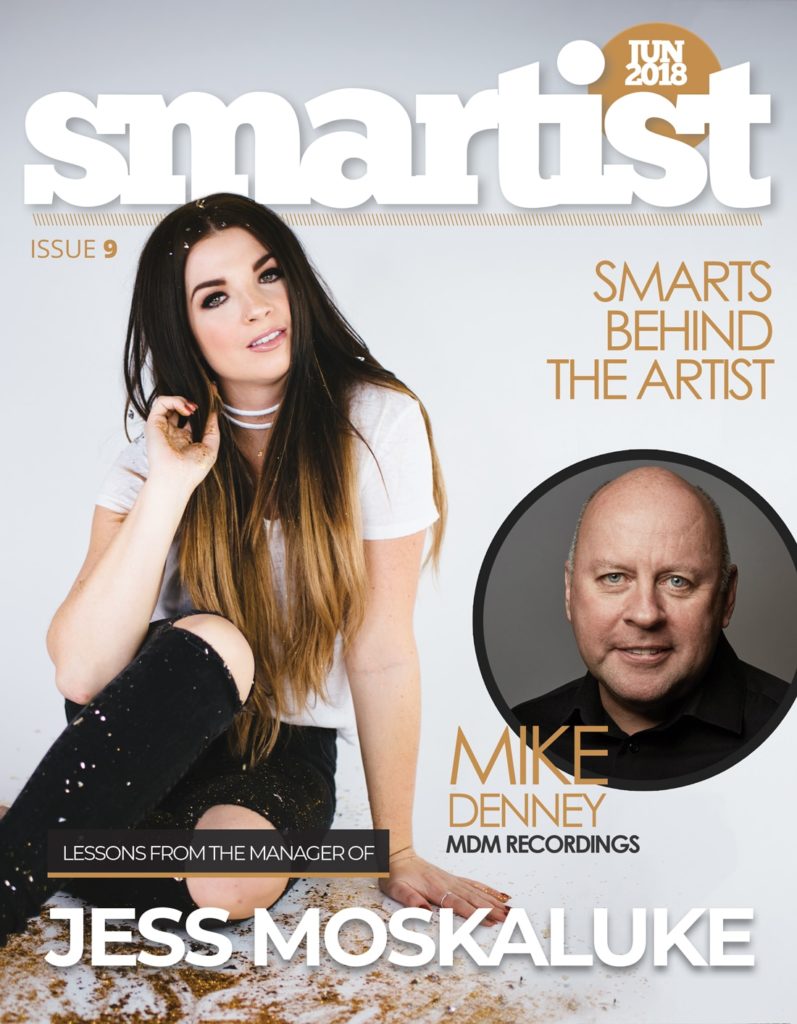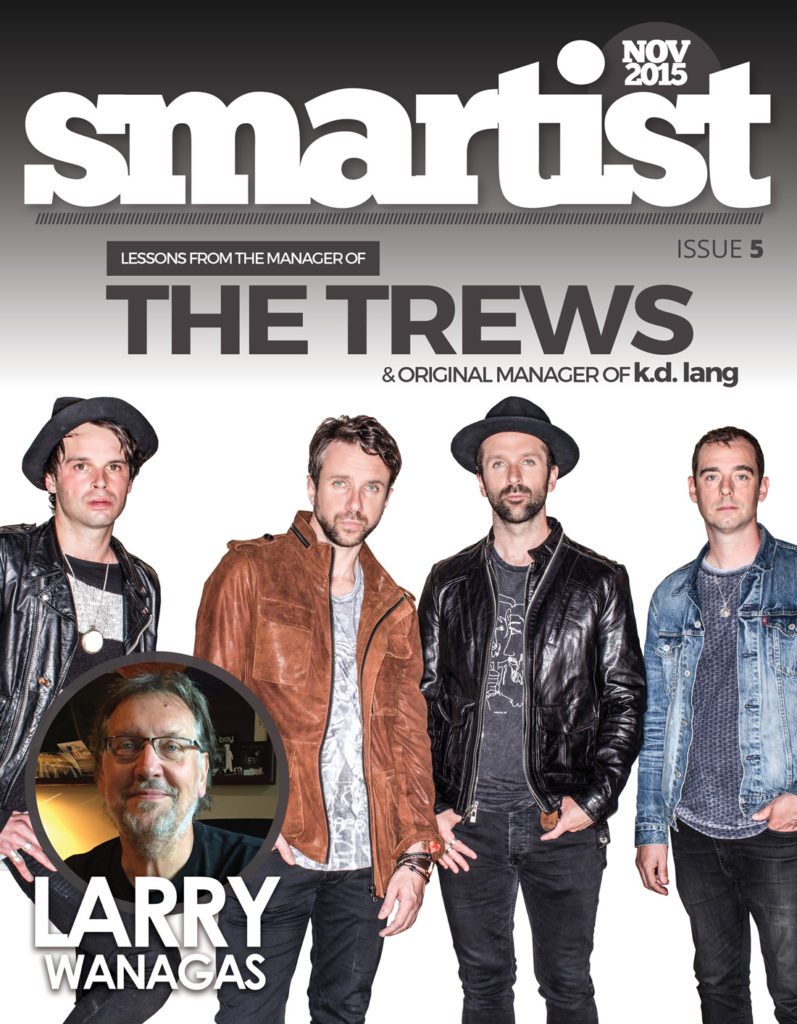RGK Entertainment Interview (Corb Lund, Dean Brody, Tim Hicks Management)

In this interview, Kitchener shares:
- How he keeps his artists happy
- What trait ALL of his artists have
- When he was able to start hiring help
- How he’s kept his company financially stable
- The biggest lessons he’s learned
- And so much more!

Having managed the careers of multi-Platinum, GRAMMY and JUNO Award winning artists to great success, Ron Kitchener (Founder of Toronto/Nashville-based RGK Entertainment) is a powerhouse in the country music world. in addition to the numerous record company of the year awards for his record label Open Road Recordings. Open Road Recordings has sold over 2.5 million albums from artists like Taylor Swift, Johnny Reid, Rascal Flatts, The Road Hammers, Doc Walker and many others.
As of this writing, RGK Entertainment’s artist management roster includes JUNO Award-Winning, Stadium Touring, and Country Radio Chart-Topping artists (pictured in order below) Corb Lund, Dean Brody, Tim Hicks, Madeline Merlo, Jessica Mitchell, River Town Saints, The Road Hammers, Doc Walker and Blackjack Billy.
Can you tell us about how and when you began managing your first client?
Technically my first management client was a pop/dance band from Ottawa named Michael B & The Power in early 90’s. They were introduced to me by producer Gilles Godard, who had ironically moved to Nashville at the time. I think I worked with them a year or so, using the opportunity to call anyone and everyone in the industry and play the “naïve new to the industry” card.
How long was it until you brought on your 2nd roster artist, 3rd, and so on? Can you tell us how those relationships came about?
Jason McCoy came aboard next around early 1994 and was my only client at the time. I heard about Jason through his sister who worked at a sign shop in Barrie. I was there visiting family and needed a banner made for a conference I was attending to promote a rock band from L.A I was booking into the campus circuit at the time.
After Jason, I had another act for a short period of time, but it was not until around 2000 that I took on Doc Walker officially. Agent Rob Zifarelli who was from Winnipeg was one of the first people to tell me about them. I made a stop in Thunder Bay on a trip out west to see them play in a club and just loved their harmonies and original country-rock sound. Then, Corb Lund came along in 2004 and things grew faster and larger around that time with a few more acts.
Aside from the “being in love” factor, what do you look for in an artist before signing them to management?
I look for originality, an act that will lead rather than follow, and great songs. Finding a quality that can be part of my lead pitch plan to gatekeepers is what I am seeking to get in the door and then the songs have to grab their attention.

What traits do you find ubiquitous in all (or most) of your clients?
Determination! I don’t last long with those not willing to put in the hard work and hours to improve their art, build/expand their profile, audience and resource pool. You need that to stay in this business longer than the average artist.
How do you ensure you keep your artists happy, and on your roster?
We establish the artist’s brand identity and work hard and smart on long term strategies. The artist signs off and we go to work. We provide in house staff with dedicated roles to the most important profile building efforts. By providing attention and solutions to their career development, we aim to build a trusting/enjoyable relationship.
Have you learned any lessons worth sharing from a breakup with an artist who was formerly on your roster?
Yes, while it is no fun being fired or “dropping” an artist, there is always something to be taken from the experience that you hope allows you to anticipate challenges in the future. All artist’s personalities, levels of intensity, etc. are different and most times things gel but other times artists want to explore what’s on the other side of the fence or have many “outside influences” guiding them in different directions. Part of the trip.
How long did you wear all of the hats of the business before you started hiring staff to help?
I worked quite a long time as the manager that also booked the gigs, wrote the press releases, tour managed and wore many other hats before I could pass things off. Having started fairly young in the business, I am so glad I took all those responsibilities on. I had the time, the energy and the passion to learn. Now I appreciate those who handle those roles as I have done them myself and made all the mistakes. I believe my first paid outside assistance was on the bookkeeping side of things and then an assistant. It took having more than two clients before I could bring others on board.
From the beginning until now, how have you always ensured financial stability for the company and your staff?
We had to grind it out in the early days to “keep the lights on”, that’s how it should be with any business. Great way to stay on your toes and learn to deal with adversity. This is the music business, ups and downs are commonplace. Over time with more clients and some success, we could apply our resources to a long term game-plan and be disciplined to stick with it and be able to “afford the ones that miss” from time to time.

How do you balance your time between the artists and your family? What are your working hours like? Do you ever take vacations?
It’s a 24-7 business for the most part, if your clients work weekends, you better be with them or available for calls if there are problems or questions. I have many clients, businesses and two offices that I need to attend to and balance my time with. However, family is most important and you simply need to make that your priority. We value vacations and I do my best to take a couple a year and try to be pro active with everyone to let me chill out and recharge.
When you first sign an artist to management, what are the first things you get down to business on? Do you have a strategy in place?
The artist needs to know who they are and what point of difference they bring to the mix. Then the varied teams can get out and do the work necessary for them to achieve their creative and business goals. I build a strategy from there; short term and long term.
What’s THE BEST lesson you’ve learned over the years?
Think about the Big Picture and stay focused. What may seem “dramatic” in the moment on Monday usually becomes long forgotten a week later.
How do you think music management will change most dramatically in the next several years?
The manager of today needs to have skills related to building brand partnerships and social communities. The artists themselves with their management team will increasingly be relied on to drive the early phase of market development. I think you will see even more management companies aligning with publishers, producers and promoters to provide direct access to key elements of the business that cannot always be brought in house.
Check out Ron Kitcheners businesses at RGK.CA





Responses